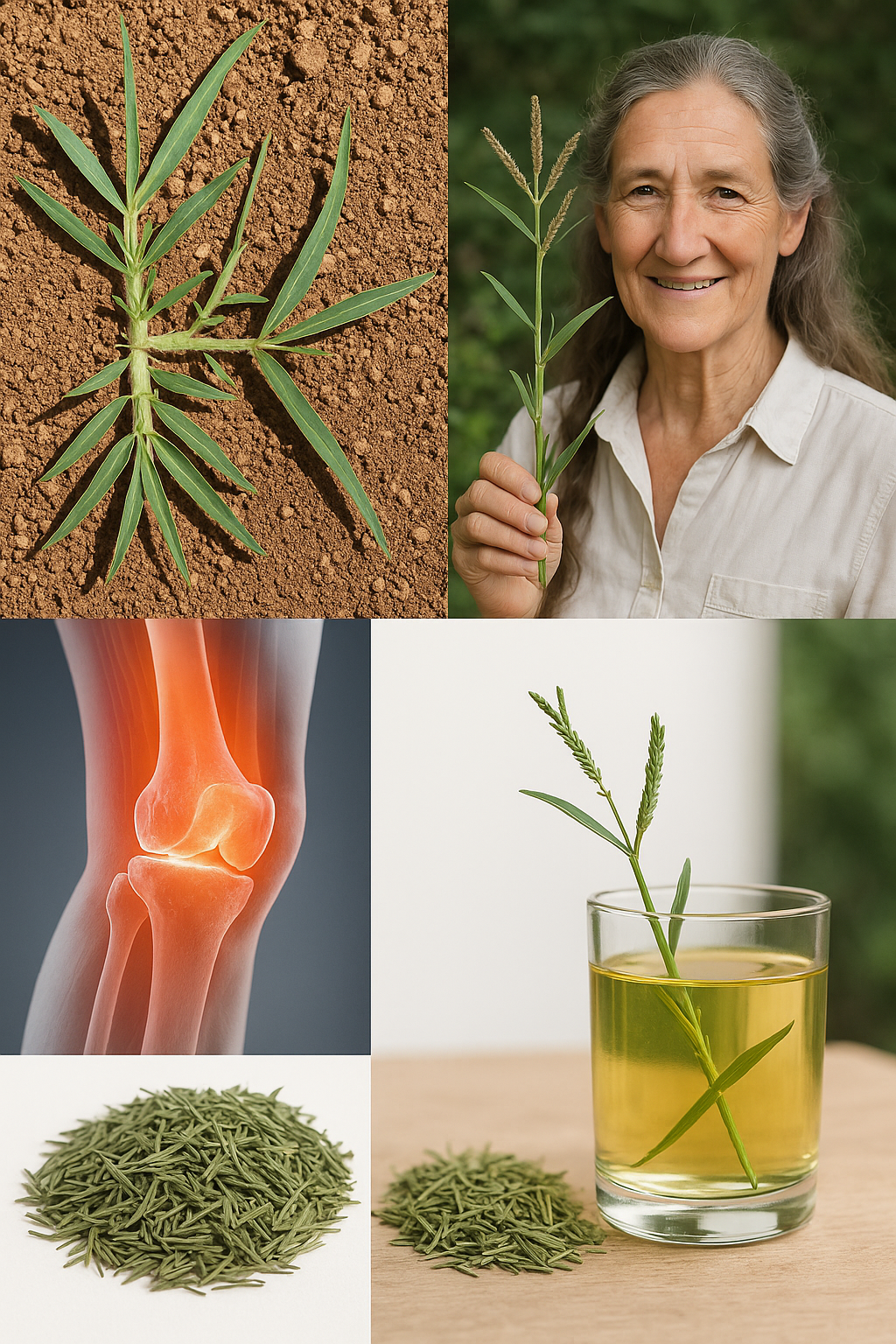You’ve probably seen it a thousand times—growing between sidewalk cracks, scattered across lawns, or springing up wildly in untamed fields. Most people call it a weed. But what if we told you this humble plant is actually a natural powerhouse with centuries of healing history?
Meet the dandelion leaf—a forgotten gem in modern wellness with a resume of benefits that reads like a superfood. From liver support to immune enhancement, this plant deserves far more than a passing glance.

But it’s not all sunshine and wellness. While the benefits are impressive, there are also potential side effects you should know before turning it into your daily tonic.
Let’s peel back the petals and explore everything you need to know about dandelion leaf—the benefits, the risks, and how to use it wisely.
🧬 What’s Inside a Dandelion Leaf?
Dandelion leaves (Taraxacum officinale) are nutritional powerhouses, boasting:
- More Vitamin A than spinach
- More Vitamin C than tomatoes
- Rich sources of Vitamin K, calcium, magnesium, potassium, and iron
These nutrients don’t just sound impressive—they play vital roles in your energy levels, immune function, bone strength, and detoxification pathways.
And here’s where it gets even more interesting.
🌿 7 Evidence-Backed Health Benefits of Dandelion Leaf
1. Liver Detoxification and Function Support
In herbal traditions, dandelion has been praised as a liver tonic. Its natural compounds help stimulate bile production, which supports liver function and aids in detoxifying the bloodstream.
2. Natural Diuretic Without the Chemicals
Dandelion leaves act as a gentle diuretic, helping your body eliminate excess water, reduce bloating, and cleanse the kidneys—all without synthetic pills. It’s often used in teas to support fluid balance and kidney function.
3. Supports Healthy Digestion
Thanks to its fiber content and bitter properties, dandelion leaf stimulates digestive enzymes, helping reduce constipation and encouraging better nutrient absorption.
4. Balances Blood Sugar
Preliminary research suggests dandelion leaf may help regulate blood sugar and improve insulin sensitivity. It’s not a standalone solution for diabetes, but it could support blood sugar control when used as part of a holistic plan.
5. High in Antioxidants
Dandelion leaves are rich in beta-carotene and polyphenols, helping fight oxidative stress and free radical damage—key factors in aging and chronic disease development.
6. Supports Bone Health
With high levels of calcium, magnesium, and vitamin K, this leaf can play a role in maintaining strong bones and preventing bone-related disorders like osteoporosis.
7. Immune System Boost
Packed with Vitamin C and other immune-supporting compounds, dandelion leaves help strengthen your body’s natural defense mechanisms against common illnesses.
🍵 How to Use Dandelion Leaf Safely and Effectively
You can consume dandelion leaf in several ways, depending on your goals and preferences:
Tea
One of the easiest and most traditional methods. Steep 1–2 teaspoons of dried dandelion leaf in hot water for 10–15 minutes. Drink 1–2 times daily.
Fresh in Salads
Use young, tender leaves for a peppery, spinach-like flavor in fresh salads. Pair with lemon, garlic, or balsamic for added zing.
Smoothie Add-In
Blend a few raw leaves with fruits and greens. A great way to mask the bitterness while boosting your smoothie’s nutritional value.
Capsules or Extracts
For those who prefer convenience, dandelion supplements offer a concentrated dose. Always choose high-quality, organic products from reputable brands.
⚠️ Possible Side Effects and Cautions
As with all herbal remedies, dandelion isn’t for everyone. Here are a few important things to keep in mind:
1. May Cause Allergic Reactions
People allergic to plants in the daisy family (ragweed, marigold, chrysanthemum) may also react to dandelion. Start with small amounts and monitor your body’s response.
2. Interaction with Medications
Dandelion can interfere with diuretics, lithium, or medications that affect potassium levels. It may also interact with blood thinners due to its high Vitamin K content.
3. Gastrointestinal Upset
Some individuals report mild bloating or increased stomach acid after consuming dandelion—especially if taken in large amounts.
4. Not Suitable for Everyone
Pregnant or breastfeeding? Diagnosed with kidney or gallbladder issues? Consult a healthcare professional before use.

🧘 Who Should Consider Dandelion Leaf?
If you’re looking for a natural, nutrient-dense way to:
- Support gentle detox
- Improve digestion
- Manage water retention
- Nourish your body with vitamins and minerals
- Or simply expand your herbal wellness toolkit
Then dandelion leaf may be exactly what you need.
💚 Final Thoughts: Weed or Wellness Wonder?
It’s easy to dismiss dandelions as common weeds. But in reality, these plants are nutritional goldmines hiding in plain sight.
By incorporating dandelion leaf into your routine—whether as tea, salad greens, or herbal support—you’re tapping into generations of wisdom that recognized the healing potential of plants long before modern science caught up.
But like any natural remedy, dandelion works best when used responsibly and with awareness.
So brew a cup, toss a few leaves in your next salad, or explore a supplement—just remember, nature’s most powerful remedies often grow in the most unexpected places.
Here’s to vibrant health, one dandelion leaf at a time. 🌿🍵


